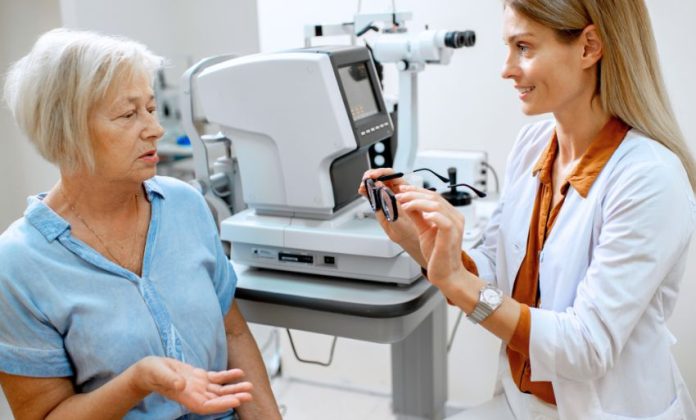Taking care of your eyes becomes more important as you age. Lend yourself a hand by asking the right questions and learning all you can from your ophthalmologist. Below, discover five questions you should ask your ophthalmologist, so you can play a bigger role in maintaining your eyesight.
What Tests Will You Perform?
It is understandable if you become nervous or uneasy before your next eye exam. But there’s a good reason not to be scared of ophthalmology: your doctor can answer any questions you may have about your appointment ahead of time.
Your doctor can tell you what tests they will be performing, what instruments they will use, and why they need to perform these tests. This knowledge will help you better understand their procedures and the care they provide.
What Do These Results Mean?
Another question you should ask your ophthalmologist comes after the tests: what do the results mean? Although you may not understand the technical or medical terminology, your eye doctor does.
They can break it down for you in a way you will understand. Afterward, you can talk about the next steps you need to take to continue your care.
Will My Eyes Worsen Over Time?
Although this can be a sensitive subject, it is best to ask this question after you hear your diagnosis. Knowing whether your eyes are stable or if they will worsen sooner than later can be helpful since you can take early action to maintain your eye health and plan next steps.
What Can I Do to Take Care of My Eyes?
Since your eyes are changing, your habits may also have to change. Your ophthalmologist can advise you on how you can preserve your sight. You may have to make dietary changes, switch up your daily exercise routine, or wear sunglasses more often when you are outside.
When Should I Return for a Follow-up Visit?
If you are 60 years old or older, you should sit for an eye exam yearly. However, if you are at risk for eye disease, you will likely have to return more often. Make sure you follow your eye doctor’s instructions regarding the frequency of your visits.
By asking these questions, you can learn information that will help you take good care of your eyes. This knowledge may even help you maintain your vision so you can have a clearer view of your golden years.
























